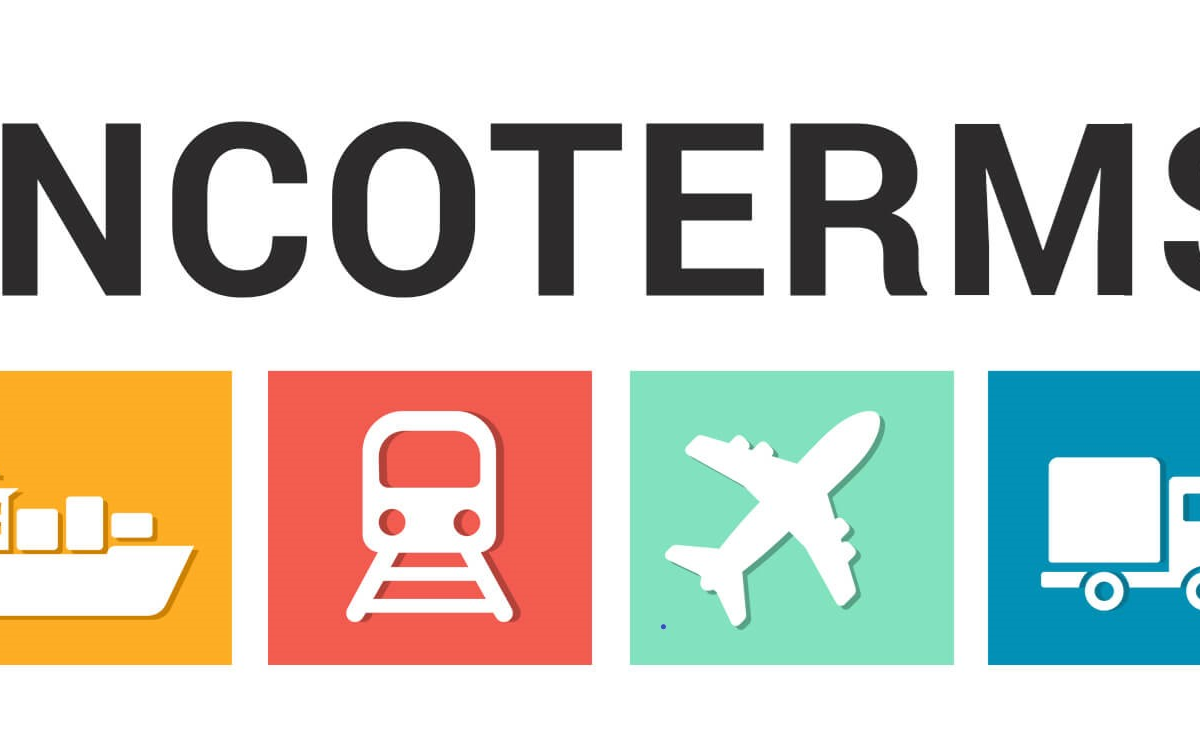Navigating the complexities of the global supply chain has become a significant challenge. Now with a trifecta of disruptions creating an environment of profound uncertainty. The threat of a U.S. government shutdown, ongoing trade tariff disputes, and the intricate demands of the electric vehicle (EV) transition are converging to test the resilience of logistics and procurement professionals worldwide.
The Domino Effect of a Government Shutdown
A federal government shutdown, while often perceived as a temporary inconvenience, can severely disrupt the flow of goods. Although essential personnel, such as those in Customs and Border Protection, remain on duty, many administrative and support functions are suspended. This creates immediate bottlenecks. For example, the processing of critical paperwork and permits for imports and exports can grind to a halt, delaying time-sensitive shipments like perishable goods and medical supplies.
The ripple effects extend beyond borders. A shutdown of agencies like the Federal Motor Carrier Safety Administration would suspend the issuance of new operating permits and compliance reviews, impeding the movement of trucking fleets. Similarly, delays at air and rail hubs can quickly escalate as the suspension of administrative services causes a backlog of freight, impacting the entire transport network. The financial toll of these delays is substantial, forcing logistics managers to constantly revise plans and seek costly alternative routes.
The Unpredictable Nature of Tariff Refunds
The ongoing saga of Section 301 China tariffs has introduced a layer of financial instability for many companies. Businesses that paid these tariffs face the complex and often uncertain process of seeking refunds. The success of these claims hinges on strict adherence to a complicated legal and procedural framework, including the timely filing of protests and meticulous record-keeping.
The outcome of these legal challenges is far from guaranteed. A successful refund can provide a significant, unexpected cash infusion, offering a competitive advantage. Conversely, a missed opportunity can put a company at a disadvantage relative to competitors who successfully navigated the process. This unpredictability makes it exceptionally difficult for logistics professionals to accurately forecast costs and manage pricing strategies, turning financial planning into a high-stakes guessing game.
The EV Revolution and Its Supply Chain Hurdles
The shift toward electric vehicles presents a new frontier of challenges. The production of EVs relies on a concentrated supply of critical minerals like lithium, cobalt, and nickel, often sourced from a limited number of politically or economically unstable regions. For instance, over half of the world’s cobalt supply originates from the Democratic Republic of Congo. This reliance creates a fragile supply chain vulnerable to geopolitical risks and price volatility.
Furthermore, the logistics of transporting EV batteries are uniquely demanding. These batteries are heavy, hazardous materials requiring specialized handling, temperature control, and rigorous safety protocols to prevent catastrophic incidents like thermal runaway. This necessitates significant investments in specialized infrastructure and compliance expertise. Auto suppliers, in turn, must rapidly adapt their manufacturing and sourcing strategies, with many forging new partnerships to share technology and mitigate risks in this evolving landscape.
A Confluence of Crises
These three issues are not isolated; they are deeply interconnected. A government shutdown can delay tariff refund processing. Meanwhile the financial and operational strain of tariff disputes can hinder a company’s ability to invest in new technologies. This convergence of legal, political, and operational challenges requires a proactive and diversified approach.
To navigate this turbulent landscape, supply chain leaders must prioritize resilience. Strategies include diversifying sourcing beyond single-country dependencies, leveraging advanced logistics technology to enhance visibility and anticipate disruptions. By proactively building a more agile and robust supply chain, businesses can better withstand these challenges and position themselves for future success.



